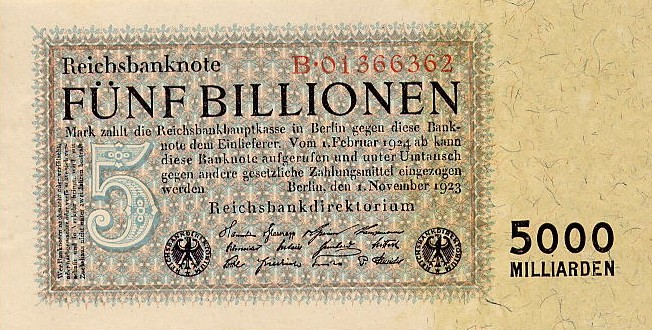Jim Rogers: Stop Buying Gold; Buy Agriculture Stocks
...
Rogers has stopped buying gold now. "I wouldn't buy more gold and silver right now" "I don't like to jump on a moving bus". That doesn't mean Rogers is selling, he still believes that "gold is certainly going to go to $2,000 over the years; it looks like it's going to go much higher during the course of the bull market.". Even after soaring to an all-time high of $1678.25 on August 4th, 2011, Rogers thinks "gold prices are not in a bubble because not everyone is buying yet". Right now Rogers is moving towards a greater commodity opportunity that he thinks offers the same kind of values that gold and silver did a decade ago.
Agriculture: The Next Big Bull Market
Consistent with his devotion to buying undervalued assets, he now sees the same quality of values in agriculture that he saw in gold and silver. No, he's not selling his gold and silver, but he is predicting that:
Agriculture prices are still, on a historic basis, extremely depressed, and in my view I'll probably make more money in agriculture than other things.
Rogers thinks that the current commodities supercycle will last for 20 to 25 years, a view supported by the research of Chris Watling of Longview Economics. Whatling traced secular bull cycles back to 1750 and identified that commodity super cycles last 20 to 25 years. As this commodity bull started in 2000, if Whatling and Rogers are correct, this bull will run higher until 2020-2025.
It's about demand and low historical prices. Rogers said:
If the fundamentals weren't right the price would not go up. Many people invested in commodities in the 1980s and 90s and didn't make any money because the fundamentals were bad, now people are investing and making money because the fundamentals are good.
There is a powerful underlying demand for food. When food prices surged in 2007 millions went hungry, and there were riots from Egypt to Haiti and Cameroon to Bangladesh. Rioting calmed down in 2008 when prices dropped, but starting at the beginning of 2009 they’ve been going up and Rogers expects "more turmoil, but I didn't expect it to happen this quickly because food prices are somewhat depressed". Clearly a bull market rise from current levels will cause even more starvation, riots and urgent demand.
On the longer term chart, real food prices were more expensive in 1917 than they are here today. Demand is there. Agriculture will be "wildly exciting" as global food shortages worsen, according to Rogers. "You pick an agriculture product and I'll say buy it," he said. Shortages are showing up right now as the world population has more than doubled from 3 billion in 1960 while the amount of arable farmland has been decreasing. If the world population rises from its current 6.8 billion to 9.1 billion by 2050 as the United Nations forecasts, a lot of people are going to be scrambling for food.









 Reply With Quote
Reply With Quote


 (Community Supported Agriculture)
(Community Supported Agriculture)


Connect With Us